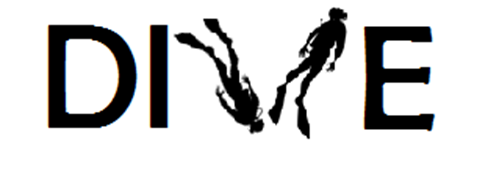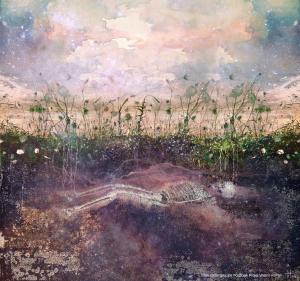
Taphonomy
PRESENTATION | SERVICES | TRAINING & RESEARCH
Research
The SHIFT collaborators are leading research works in anthropology / archaeology, genetics (environmental, vegetal and animal) and entomology. However, they are also active in other domains such as toxicology, imaging, disaster victim identification, etc. with the support of granted partnerships.
 (2020-2023)
(2020-2023)
Diagnosis and Interpretation of Vascular Embolism gas composition in Scuba Diving
(FNS : 99 400 CHF, PI : Dr Vincent Varlet)
This project aims to validate the intracardiac gaseous CO2 concentration as a reliable indicator to support the fatal scenario hypothesized from diving profiles examinations and autopsy findings. A working network has been developed among several Mediterranean forensic centers (France, Spain, Switzerland and Italy) in order to sample intracadaveric gases in case of scuba diving fatality. Sampling is planned to be done under laser guidance if CT-Scanner access is possible. Gaseous compositions are planned to be analysed immediately or shortly after sampling by portable gas chromatography-thermal conductivity detection (GC-TCD). The forensic diagnoses improvements in case of scuba diving fatalities are not only essential for scuba diving fatality management but also very important to better understand the physiological mechanisms implied in fatal gas embolism in general, also in clinical medicine. It will be helpful to prepare and improve resuscitation procedures. Gas physiology and methodological protocols are also of strong interest for baromedical medicine. Numerous treatments implied baromedical approaches such as oxygen therapies, carbon monoxide poisoning, enhancement of healing, skin grafts, ulcers and thermal burns, etc.

Funerary Lives : Ecological Transitions and Support for Emerging Practices
(PNR 81 Baukultur FNS / CHF 593'221.-)
Partenariat avec la Haute école du paysage, d'ingénierie et d'architecture de Genève (HEPIA / Pre Natacha Guillaumont) et la Haute école de travail social et de la santé Lausanne (HETSL / PR Marc-Antoine Berthod)
The “Funerary Lives: Ecological Transitions and Support for Emerging Practices” research project explores the transformation of funeral practices in Switzerland, highlighting their ecological and social impact. At present, these practices and their spaces are little studied and insufficiently integrated into spatial planning policies and climate plans. This project raises questions about the integration of cemeteries into ecological continuity, their role in urban greening, their adaptation to climate change and the diversification of funeral practices beyond burial and cremation.
The research is structured around three themes. The first inventories the needs and challenges - legal, social, cultural, technical and economic - facing funeral professionals and authorities. The second aims to support the ecological and social transition by designing appropriate funeral spaces, in collaboration with a wide range of stakeholders: funeral services, cemetery managers, municipalities and users. The third tests innovative solutions for the treatment of corpses and the redevelopment of funeral spaces, assessing their ecological, human and professional impact.
This project uses an interdisciplinary methodology, combining urban planning, landscape architecture, biodiversity, soil ecology, taphonomy, forensic medicine, anthropology and social work. With several partnerships, it anticipates innovative transitions to fully integrate these spaces into territorial and climate policies. The overall aim is to ensure that funerary spaces are fully integrated into policies linked to the ecological and social transition. New infrastructures could emerge in new territories by influencing the experience of mourning. In this way, the project highlights the need to anticipate innovative visions for future funerary lives and landscapes.

